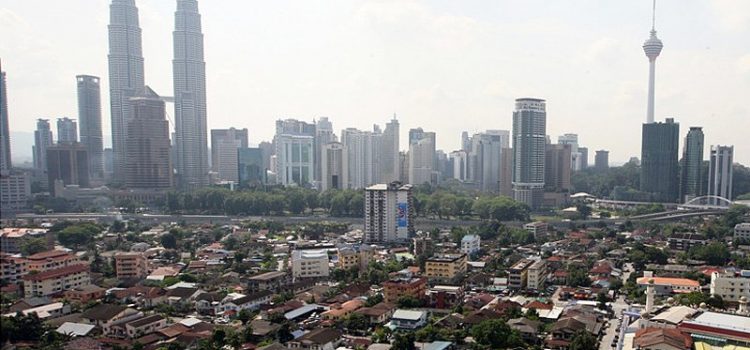by Darren C. Ong
The English author C.S. Lewis, author of the Chronicles of Narnia is one of my favourite writers. His stepson, Douglas Gresham once shared this anecdote, one that has had a profound influence on my views on poverty. This story appeared in the Spring 1998 edition of the Southern Cross Quarterly, published by the Anglican Diocese of Sydney. Here, C.S. Lewis goes by the name “Jack”:
“Jack and a friend were walking to a meeting one day when they were approached by a beggar. The beggar asked them for some spare change whereupon Jack gave him everything he had. Once the beggar had gone, his friend said, “You shouldn’t have given that man all that money Jack, he’ll only spend it on drink.” Jack’s reply – “Well, if I’d kept it, I would have only spent it on drink.”
I think this story has a lot of lessons to teach us in Malaysia as we grapple with questions of poverty and inequality in our country.
Like Jack’s friend in the story, we as a society always assume moral failings on the poor, with little if any justification. We assume that the poor as a group are lazy, entitled, alcoholics, thieves, drug or drug addicts. Sometimes these insults just come out in the open- as when Najib’s lawyer, Muhammad Shafee Abdullah, told journalists “not to behave like estate people”. But more often these insinuations come out in a very subtle way, and this can be even more damaging. Consider how, whenever workers and activists demand an increase in the minimum wage, the forces opposed to it bring up Malaysian workers’ supposed low productivity to justify their low pay. This claim is completely unjustified, of course, and Bank Negara released a report last year (http://www.bnm.gov.my/files/publication/ar/en/2018/ar2018_book.pdf) concluding that “Malaysian workers are still being paid less than workers in benchmark economies, even after accounting for the different productivity levels across countries”. But this falsehood reflects the assumption that poor Malaysians are poor because they are unproductive and lazy, an assumption that so many of us make with zero evidence.
I must confess that I have made similar false assumptions too. I was once visited a friend of mine who ran a centre in a Jakarta slum that gave the children living there free tuition. He and his family moved to the slum too, to be closer to the people they are serving. I asked if it was safe to live in this community- and he replied that he felt it was safer there than in a middle-class neighbourhood, because people in slums need to depend on each other, and so the community is a lot more tight-knit and watches out for one another, whereas in rich neighbourhood nobody knows or cares about their neighbours. I had never considered this perspective on life in the slums- and I wonder now if the many stereotypes we have for the poor are grounded in reality? And more tragically, how often government and social policy toward the poor is formed based on these false stereotypes, based on an ignorance of their true living situation?
These unfounded assumptions hinder our ability to move forward with real solutions for poverty. We are so concerned with poor people misusing or wasting the assistance given them, that we toss aside solutions that will make a real difference in peoples’ lives. I especially love C.S. Lewis’ humility in his last comment- “I would have only spent it on drink”- rich people waste money on wasteful and frivolous things too, and often in more damaging ways than a beggar buying a lottery ticket or a can of beer. Perhaps us Malaysians in the upper and middle classes should consider that maybe poor people are poor not because of their moral failings, but because of ours- because we have failed to listen to their concerns, because we assume that they are untrustworthy or immoral without evidence, because we care more for our own comfort than the survival of our neighbours.















